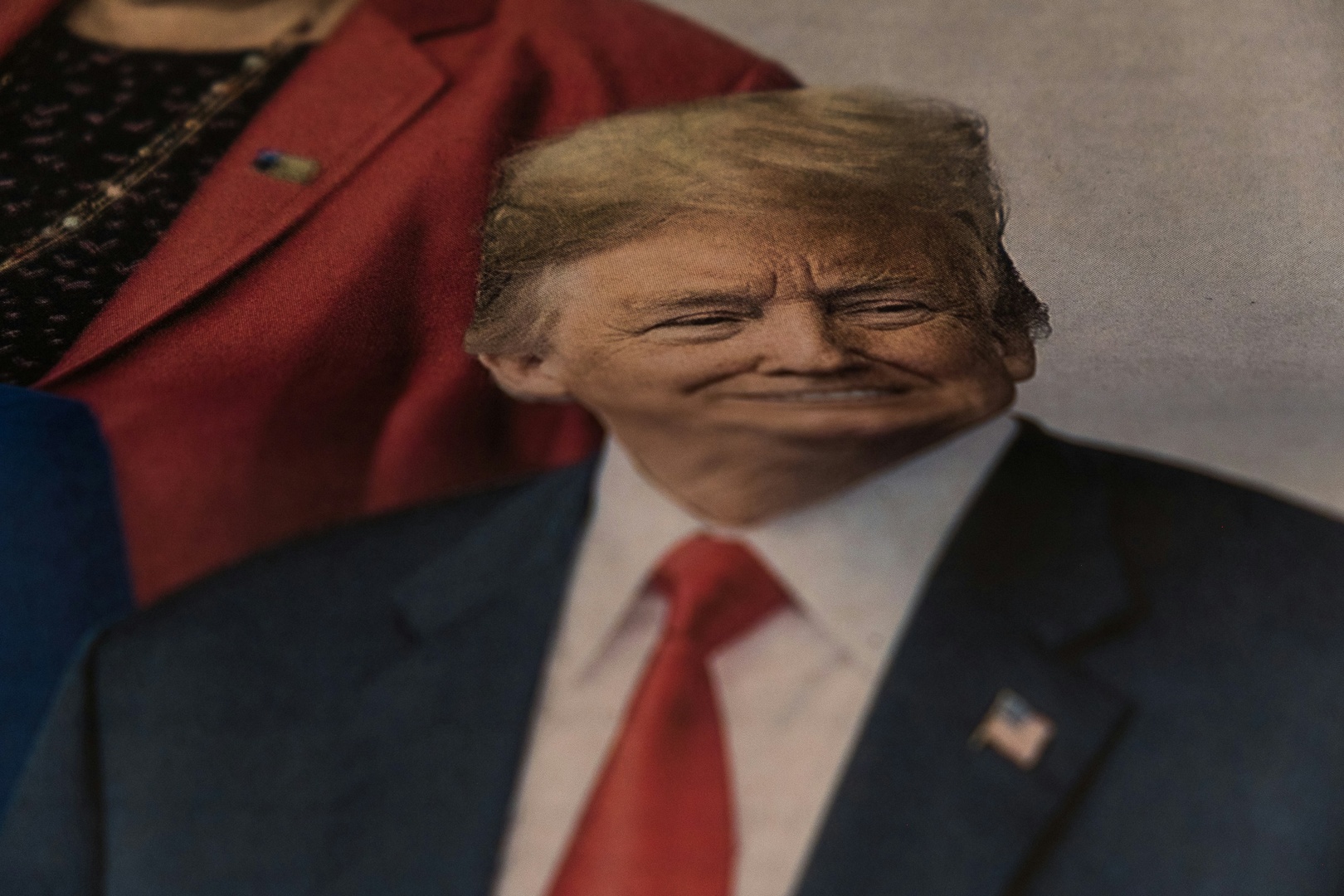In a striking move that could reshape the landscape of global technology markets, the Trump administration announced this week a policy reversal concerning AI chip exports, effectively scrapping the Biden administration’s intricate regulatory framework set to launch on May 15, 2025. This decision marks a pivotal shift in the governance of advanced computing technologies, one that promises to redefine not just the flow of AI chip technology but also the geopolitical dynamics surrounding it. The Biden administration’s Framework for Artificial Intelligence Diffusion, which was meticulously crafted over four years, aimed to establish a three-tiered hierarchy of global technology access. In this framework, 17 countries plus Taiwan would have enjoyed unrestricted access to cutting-edge AI chips, while around 120 nations would operate under strict import caps. The final tier, comprising countries such as China, Russia, Iran, and North Korea, would face complete exclusion from these advanced technologies. This structured approach was designed to limit the risk of sensitive technologies reaching adversarial nations through intermediaries, while still allowing allies and neutral nations to thrive in the AI domain. However, critics of the Biden plan argued that its complexity would create cumbersome compliance burdens, potentially pushing international partners toward alternative chip suppliers. With the Trump administration’s fresh perspective, a new chapter in technology export policy takes shape. Rather than a tiered system, reports suggest a global licensing regime bolstered by inter-governmental agreements could be on the horizon. This proposed approach may offer enhanced flexibility while still maintaining essential controls over sensitive technology. The timing of this policy shift is not coincidental; it appears strategically aligned with President Trump’s upcoming trip to the Middle East, where nations like Saudi Arabia and the UAE have expressed considerable frustration over their restricted access to AI chips. As the Commerce Department prepares for a potential announcement as early as Thursday, the implications of this new policy are poised to reverberate throughout the global tech industry. The immediate market reaction to the news has been palpable, with shares of Nvidia, a leading manufacturer of AI training chips, experiencing a 3% increase just following the announcement. Yet, in the after-hours trading session, those shares saw a slight dip of 0.7%. Nvidia has long been a vocal opponent of stringent US export restrictions, with CEO Jensen Huang arguing fervently that American companies should be allowed to sell their products to China, which he predicts will burgeon into a $50 billion market for AI chips in the near future. Yet, it’s critical to note that the Trump administration’s policy shift does not equate to a total abandonment of export controls. The government has already made strong moves against China, exemplified by its decision to prevent Nvidia from selling its H20 chip in the Chinese market—a decision that resulted in a staggering $5.5 billion in writedowns for the company. The landscape of global technology is now rife with potential winners and losers. Nations such as India and Malaysia, which previously faced no chip restrictions prior to the Biden regulations, stand to gain temporary relief. Malaysia, in particular, could experience a significant boost for Oracle Corporation, as the company looks to expand its massive data center operations that would have been hampered by the Biden rules. Furthermore, Middle Eastern countries like the UAE and Saudi Arabia, which have been under chip export controls since 2023, may find themselves in a more favorable negotiating position. Trump’s expressed interest in easing restrictions specifically for the UAE could lead to the establishment of a government-to-government AI chip agreement during his visit to the Middle East scheduled for May 13 to 16. Such negotiations are underscored by the UAE’s ambitious commitment to invest up to $1.4 trillion in US technology and infrastructure over the next decade, highlighting the high stakes involved for nations eager to position themselves as emerging AI powerhouses. Despite the promise of this new approach, considerable uncertainty looms ahead. Reports indicate that the Trump administration is crafting a new control scheme that may emerge either as a new regulatory rule or an executive order. This transitional phase brings significant ambiguity for companies like Nvidia, as they seek clarity on the regulatory environment they will navigate in the coming months. Meanwhile, the administration has signaled its intention to continue enforcing existing chip export controls, potentially imposing specific regulations on countries that have diverted chips to China, such as Malaysia and Thailand. The reaction from industry stakeholders is decidedly mixed. While chip manufacturers have been lobbying vigorously against stringent export controls, several AI companies, including Anthropic, have advocated for the necessity of maintaining protections that safeguard US intellectual property and technological advantages. The Biden administration’s export controls were undoubtedly aimed at curtailing access to chips critical for cutting-edge AI development, with a keen focus on preventing Chinese firms from circumventing direct import restrictions through indirect routes. Thus, the challenge lies in crafting a balanced approach that satisfies both national security concerns and the imperative for US commercial interests. Establishing agreements with a diverse array of countries eager to procure advanced AI chips will require deft navigation of complex diplomatic relationships and the potential creation of numerous separate policy frameworks. At this juncture, the Commerce Department has not provided a specific timeline for when any new rules will be finalized or implemented, merely indicating that debate continues over the optimal path forward. The shift in Trump’s AI chip policy encapsulates a broader emphasis on American competitiveness and innovation while still exercising necessary control over technologies with significant national security implications. As officials work diligently to craft a replacement framework, the global AI chip market remains in a state of flux, carrying profound implications not just for technological development but also for international relations and corporate strategies in an evolving landscape driven by artificial intelligence.
Trump AI Chip Policy Reversal: A New Era for Global Technology Trade
In a striking move that could reshape the landscape of global technology markets, the Trump administration announced this week a policy reversal concerning AI c


